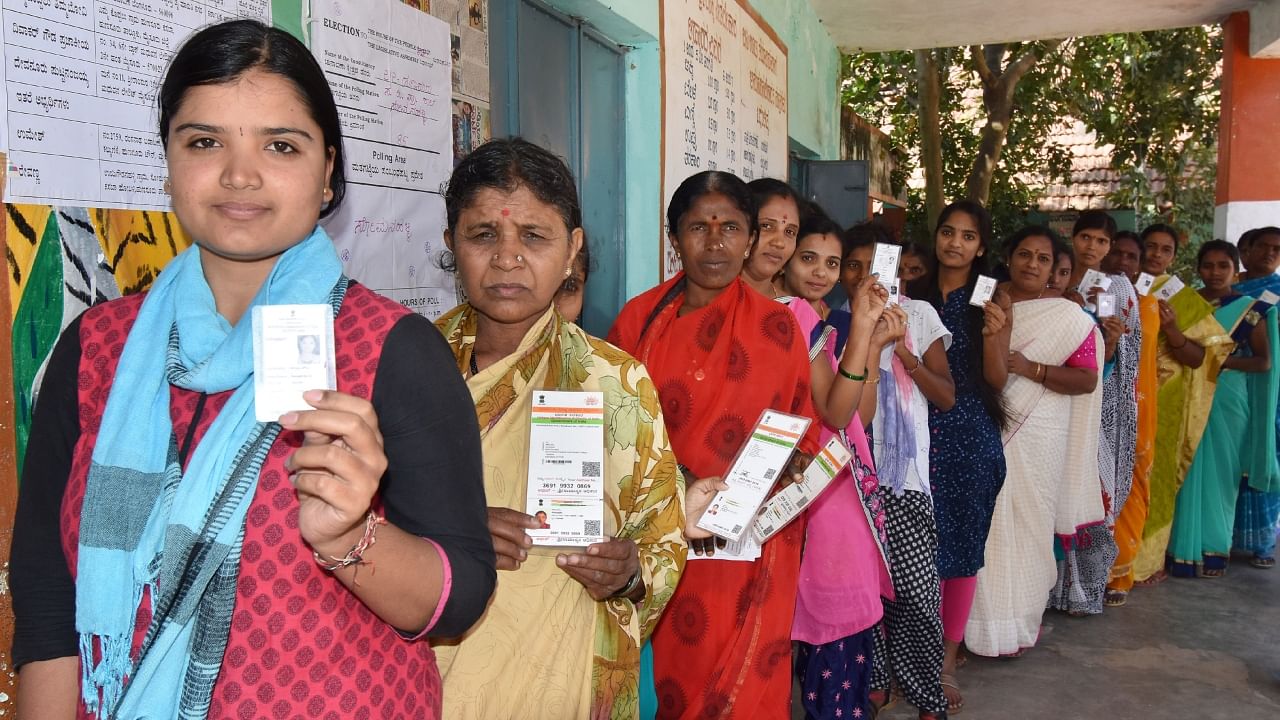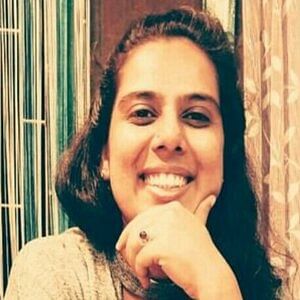
The Election Commission of India has just finished the scrutiny of candidates for the Assembly polls and women candidates constitute less than 10 per cent of the total nominations.
For parties which draw up their candidate lists after careful consideration of caste equations, regional balance, old faces versus new faces among other parameters, women fail to make the cut as a priority category as they don’t find them ‘winnable’.
A quick look at the number of candidates shows that the BJP has given tickets to 14 women candidates, while it’s nine in Congress, seven in JD(S) and 20 in AAP.
According to the parties, ground-level surveys do not prefer women candidates in a majority of the cases. These surveys consider the opinion of a cross-section of the constituency’s residents, apart from the local cadre.
Not surprisingly, women across parties feel betrayed. One Congress leader told DH: “Winnability here means the ability to spend money. Keeping this as a parameter, all parties deny tickets to women.” This was backed by another leader who kept aside her aspiration to contest the upcoming elections, even though she qualified as a potential candidate.
“They tell us that a candidate needs to be able to show assets valued at a minimum of Rs 20 crore to contest in Bengaluru. Women typically don’t have family properties registered in their names. How can they afford it?”
While money power is one, muscle power is another front on which women fare poorly.
Women leaders said unless they are strongly backed by male leaders in the party and the local cadre, their chances of getting the ticket is bleak.
Women politicians across parties unanimously agree that reservation for women is the only way out of this deadlock.
Pushpa Amarnath, women’s wing chief of the state Congress, cites her own example. A two-time Zilla Panchayat president, she says she could never have made it to state-level politics, if not for the 50 per cent reservation to women provided in the local bodies’ elections.
It was former prime minister and JD(S) supremo H D Deve Gowda who first placed the demand for women’s reservation in Parliament through the Women’s Reservation Bill in 1996, but the Bill was not passed. Recently, Gowda wrote to Prime Minister Narendra Modi to get the Bill passed before the Lok Sabha elections of 2024.
Yet, JD(S) has not been able to give tickets to more than seven women. Anitha Kumaraswamy, the daughter-in-law of Gowda, is the lone sitting woman member from the party.
Bengaluru women’s wing president of the regional party Ruth Manorama demanded that parties monetarily invest in women candidates.
“Women will have funding issues as families will not want to support them financially to contest elections. Parties must provide funding for women candidates.”
Tara Krishnaswamy, co-founder of Political Shakti, a non-partisan women’s collective, observed that parties make use of women in campaigning, rallies and as workhorses, but deny them the ticket.
“Women are capable of running for and winning elections. Yet, parties sideline them to give tickets to men who are porn watchers, who face criminal charges and those well into their senior citizenship. They even allow them to contest from multiple constituencies. We need a law which mandates parties to give a particular number of tickets to women.”
N Ravikumar, BJP state general secretary, justifies the ticket distribution in the party.
“Winnability is the criteria. If we give 33 per cent of the total tickets to women, how many of them will emerge as winners will be more important. This time, we have considered 14 and this will increase in future,” he said.
